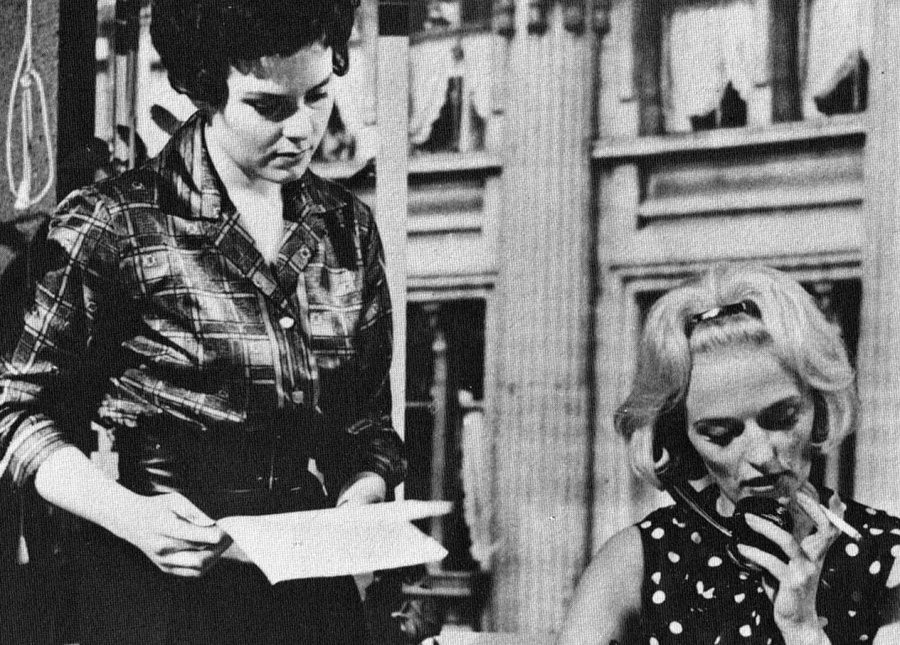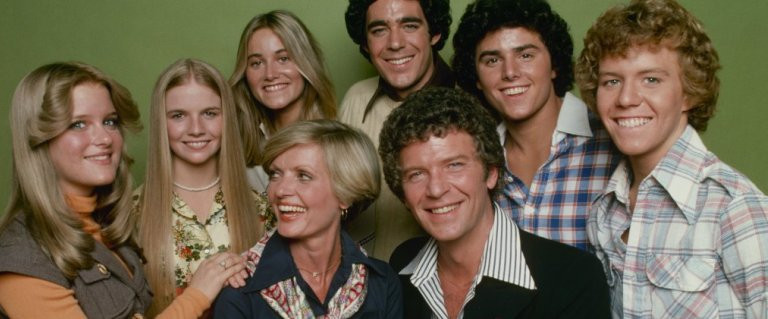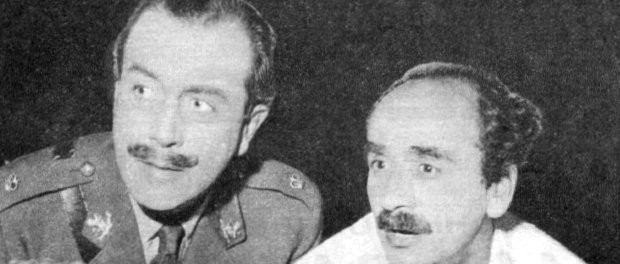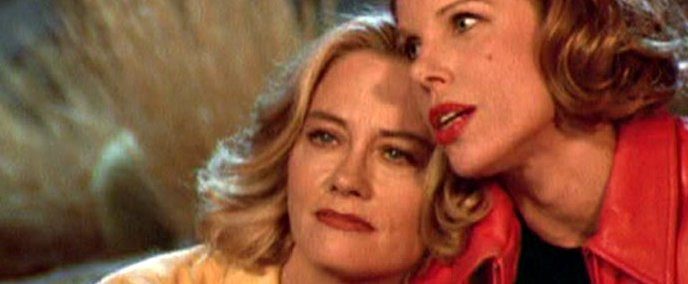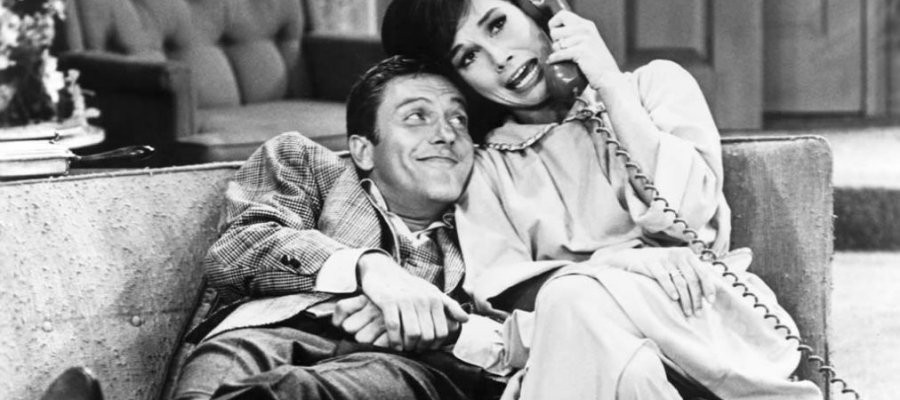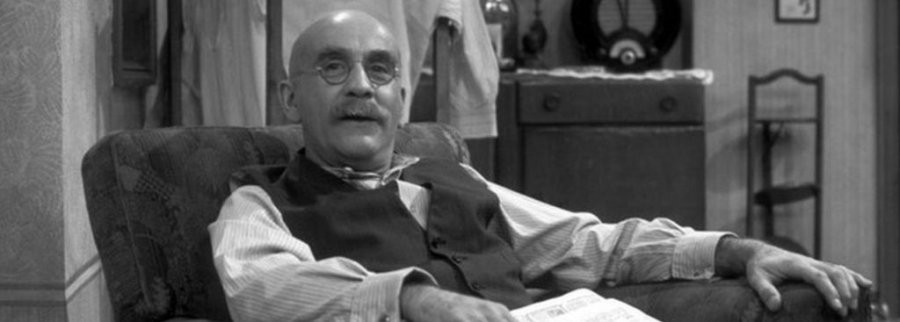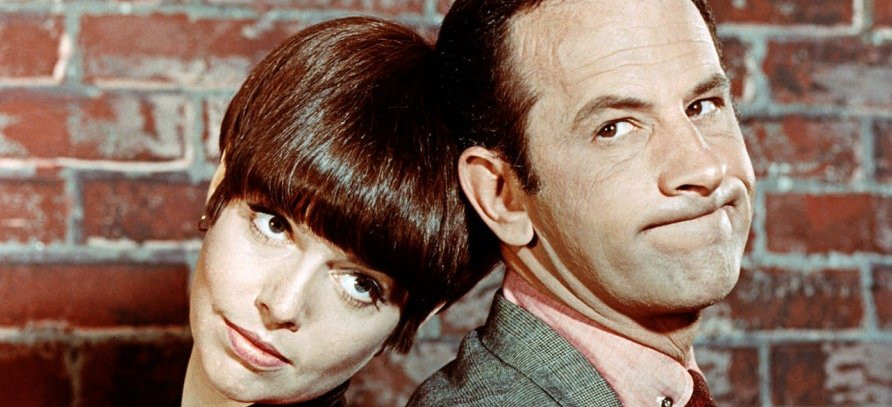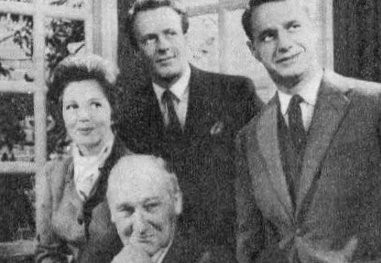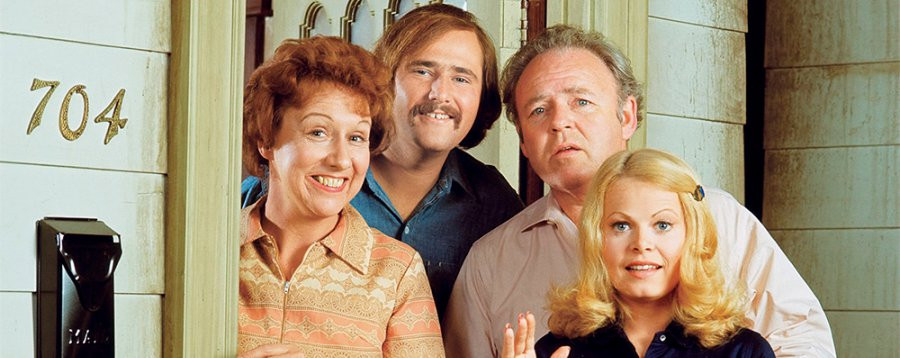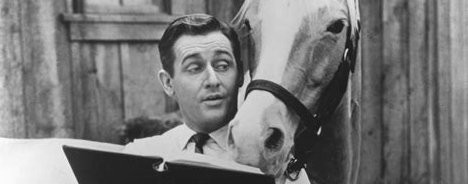
Mister Ed
1961 - United StatesIn the world of television comedy Mister Ed is often dismissed by critics as nothing more than a second-rate comedy of little significance. To simply pass it off as such would be a great mistake.
The series was created by Arthur Lubin, who had directed a series of 7 movies called Francis, about a talking mule, with Donald O'Connor (6 movies) and Mickey Rooney (1 movie) in the human roles. In fact Lubin had been trying to tout the idea for a TV series to uninterested Network bosses for years, even going as far as making an unaired pilot, The Wonderful World of Wilbur Pope, starring Scott McKay. Eventually, with the backing of Burns and Allen Show producer Al Simon, and a change of human lead to British born actor Alan Young, CBS (who had previously dismissed the series) decided to give it a shot.
The stories concerned the adventures of Wilbur Post, a Los Angeles architect who, along with his newly acquired wife, Carol (Connie Hines), moved into a new home only to discover something in the barn. That something was an eight-year old Palomino Horse named Mister Ed. To his astonishment, Wilbur discovered that the horse could talk, but only to him, because he was the first human that the horse had liked enough to converse with.
Ed's range of conversational topics covered music, the arts and other cultured subjects. However, this also naturally enough lead Wilbur into trouble at times, especially when overheard talking to the horse by nosey next-door neighbours Roger and Kay Addison (Larry Keating and Edna Skinner), or taking Ed's often questionable advice. The horse itself was voiced by former Western star Allan 'Rocky' Lane who introduced each show with "Hello, I'm Mister Ed." Although this hadn't been the first fantasy/comedy series on US television (Topper had preceded it by 8 years), it was the first of a whole new generation of shows based on a similar theme, and its success with the viewing public spawned such shows as My Favourite Martian, Bewitched and I Dream of Jeannie. This alone gives the series a significant place in US television history. Take it from the horse's mouth!
Seen this show? How do you rate it?
Seen this show? How do you rate it?
Published on January 6th, 2019. Written by Laurence Marcus for Television Heaven.


